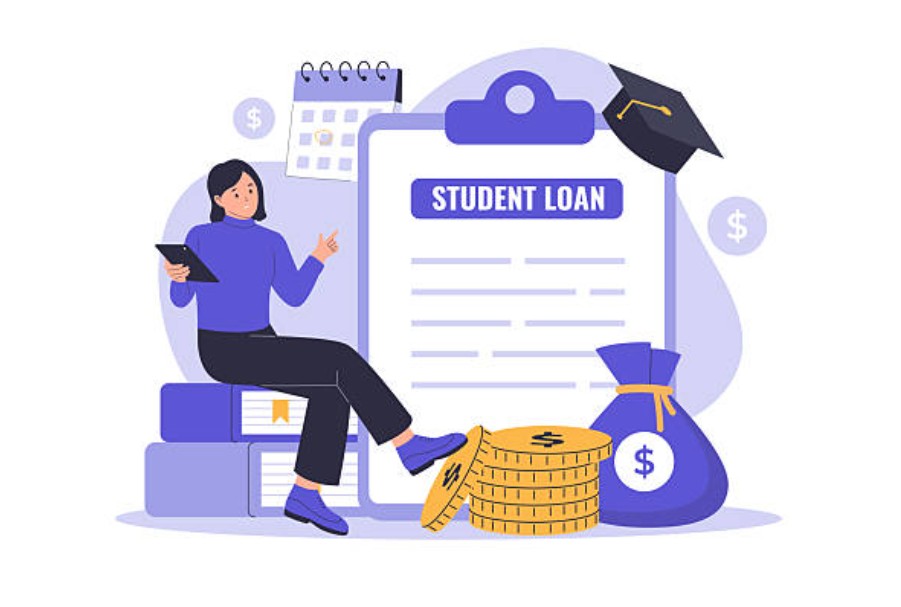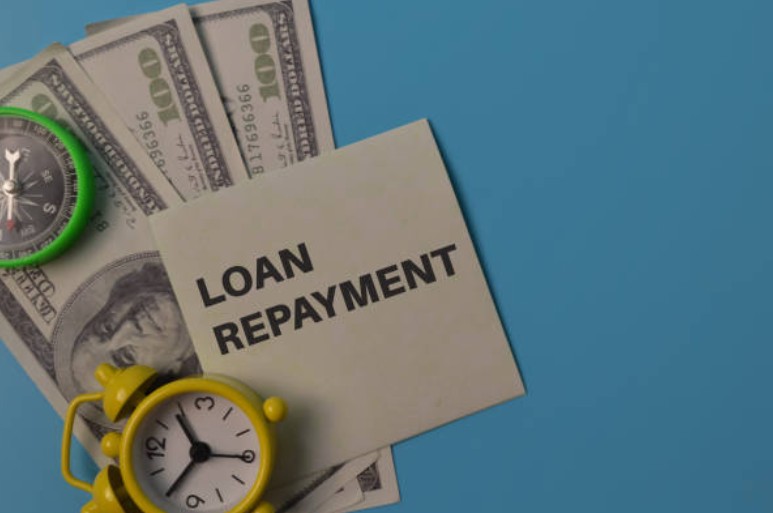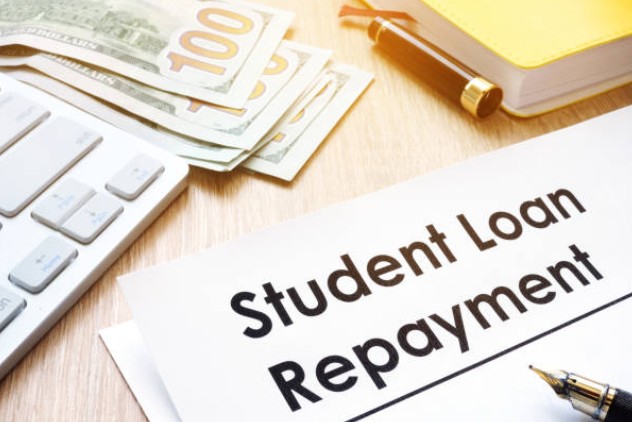As a new UK graduate, you’re likely wondering, “When Do You Start Paying Back Student Loan?” This question resonates with many as you transition from higher education to the working world. In this detailed news blog post, we explore every facet of student loan repayment in the UK—from the basics to the finer details—providing you with an up-to-date guide to help demystify the repayment process.
When Do You Start Paying Back Student Loan?

When Do You Start Paying Back Student Loan? is not just a question—it’s a gateway to understanding how student debt is managed in the UK. Let’s break it down:
- Timing Based on Income:
The repayment of your student loan begins once your income surpasses the government-defined threshold. Essentially, it’s designed so that repayments only kick in when you are financially stable enough to handle them. - Graduation and Beyond:
Unlike a traditional loan where fixed payments start immediately, UK student loans are income-contingent. This means you begin repaying only when you earn above a certain salary, which aligns the repayment with your capacity to pay. - Differing Repayment Plans:
Depending on when and where you studied, you might fall under different repayment plans (such as Plan 1, Plan 2, Plan 4, or Postgraduate Loans). Each plan has its own threshold and conditions, but the core principle remains the same: repayments are based on income.
By understanding this keyword, graduates can plan ahead, ensuring they manage their budgets effectively as they step into the world of work.
Understanding Student Loan Repayment in the UK
Graduating with a degree is a proud milestone, but it also comes with responsibilities, one of which is managing your student loan repayment. In the UK, the repayment process is directly linked to your income, meaning you start repaying when your salary reaches a specified threshold. Here are the key points:

- Income-Dependent Repayment:
You only start repaying once your income exceeds the set threshold relevant to your loan plan. - Different Loan Plans:
The UK offers various repayment plans—Plan 1, Plan 2, Plan 4, and Postgraduate Loans—depending on when and where your course took place. - Interest Accrual:
Interest on your loan accrues from the moment you begin receiving the funds or upon your course completion, varying with each plan.
This income-contingent system ensures that repayments are manageable, aligning your financial commitments with your earning capacity.
A Quick Overview: Student Loan Repayment Plans in the UK
Below is a table summarising the current information for various student loan repayment plans. This data reflects the latest available guidelines, offering a clear visual representation of the repayment thresholds and rates.
| Plan Type | Repayment Threshold (Annual) | Repayment Rate | Additional Info |
| Plan 1 | £19,895 | 9% | For English and Welsh students before 2012 |
| Plan 2 | £27,295 | 9% | For English and Welsh graduates from 2012 |
| Plan 4 | £25,000 | 9% | For Scottish students |
| Postgraduate Loan | £21,000 | 6% | For graduates with a postgraduate loan |
Note: Figures are subject to change as per the latest government updates. Always verify the most recent guidelines from official sources.
What Triggers the Repayment Process?
What Happens When Your Salary Surpasses the Threshold?
You might ask: “When Do You Start Paying Back Student Loan?” Here’s what happens:
- Automatic Deductions:
Your employer automatically deducts the repayment amount from your wages once your salary exceeds the threshold. - Annual Threshold Reviews:
The government reviews and adjusts these thresholds each year based on economic factors such as inflation. - Repayment Calculation:
You pay a fixed percentage (such as 9% for most plans) only on the portion of your income that exceeds the threshold.
This repayment approach ensures that repayments remain proportionate to your earnings, allowing you to balance your cost of living with your financial responsibilities.
Detailed Breakdown: Start Paying Back Student Loan
Step-by-Step Process for Repayment

- Securing Employment and Earning Income:
- You begin to earn once you secure a job.
- Repayments start when your earnings surpass your plan’s threshold.
- Automatic Payroll Deductions:
- For employees, repayments are automatically deducted from their wages.
- Self-employed individuals must incorporate repayments via their self-assessment tax return.
- Reviewing Your Financial Statement:
- Annual statements track your outstanding loan balance and the interest accrued.
- They detail the repayments made, offering clear insights into your repayment journey.
- Monitoring Government Updates:
- Keep informed about any changes in thresholds or interest rates by visiting official government sites regularly.
Key Considerations
- Income Monitoring: Remain aware of your earnings relative to the threshold.
- Policy Updates: Annual adjustments may change the repayment conditions.
- Financial Planning: Include potential repayments in your budget planning to manage your finances effectively.
Final Thoughts: Planning Your Financial Future
Understanding “When Do You Start Paying Back Student Loan?” is essential for every UK graduate. As you transition into professional life, being informed about your repayment responsibilities will help you manage your finances effectively. Consider these final tips:
- Stay Informed: Regularly check official sources for updates on thresholds and interest rates.
- Budget Wisely: Include student loan repayments in your budget planning.
- Seek Professional Advice: If you’re unsure about your repayments, consult a financial advisor who specializes in student finance.
By taking a proactive approach to managing your student loan repayment, you can ease your financial transition into a successful career.
FAQs on Student Loan Repayment
What If I Don’t Earn Above the Threshold?
If your income is below the threshold, you are not required to make repayments, although interest may continue to accrue on your loan balance.
Can I Make Voluntary Repayments?
Yes, if you want to pay off your loan faster, you can make extra repayments. Contact your loan provider to understand the process.
What Happens if I Move Abroad?
Moving abroad does not exempt you from your repayment obligations. However, repayment arrangements might differ. Consult the Student Loans Company for details if you plan to work overseas.
How Is Interest Calculated?
Interest rates depend on the repayment plan and your income level. Interest is continuously added to your outstanding balance based on annual reviews and economic indicators.






